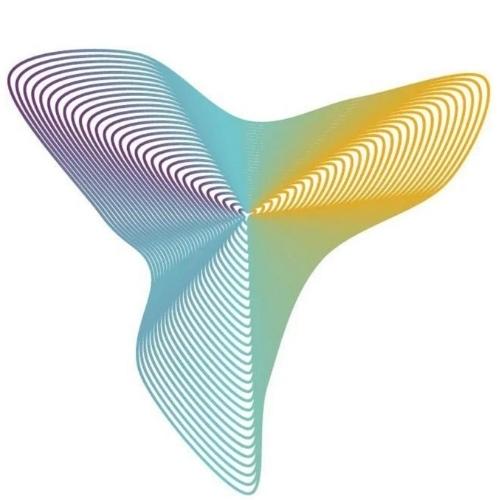Key points from article :
Researchers developed a biological aging clock based on movement data from wearable devices.
Wearable devices emerged as a natural source of data for biomarkers of aging.
Gero launched one such clock with a downloadable app that derives biological age from physical activity.
This study was performed using the NHANES database.
Researchers trained their model, MoveAge, on 2,634 people aged 18+.
Proved to be fairly predictive of chronological age and mortality in people aged 40-70.
A strong negative correlation was found between biological age and the consumption of fiber, magnesium, and vitamin E.
Correlation was weaker with drugs, except doxazosin; a modest lifespan extension in C. elegans treated with the drug.
However, movement clock can be contaminated by many factors, such as a temporary drop in physical activity.
Non-intrusive clocks might soon threaten the hegemony of blood-based biomarkers of aging.
Study by UvA published in Frontiers in Aging.








